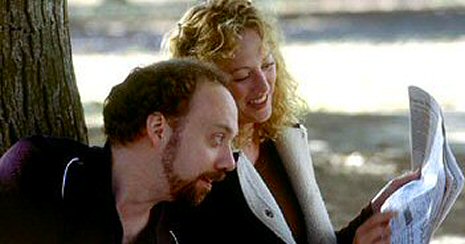DVD Beaver‘s Gary Tooze on Criterion’s One-Eyed Jacks Bluray, which pops on 11.22.16: “The colors are stunning…the restoration magnificently maintains the integrity of the film’s colors, and source density. Being hyper-critical it looked a shade thin to me in a couple of spots and very minor edge-enhancement. But for the most part this is an absolutely mesmerizing image in-motion. I was floored. Wow.”
 1.85 One-Eyed Jacks frame capture as represented by DVD Beaver‘s Gary Tooze.
1.85 One-Eyed Jacks frame capture as represented by DVD Beaver‘s Gary Tooze.But to my eyes, the 1.85:1 frame captures that accompany Tooze’s review offer proof that the projected version I saw in Cannes was masked at 1.75:1 or possibly with an even boxier a.r. I know exactly and precisely what I saw on the screen at the Salle Bunuel, and those images definitely had more height than what Tooze is presenting here.
Posted from Cannes on 5.16.16: “The Jacks a.r. didn’t look like 1.85 to me — it definitely looked more like 1.75. Speaking as an ex-projectionist and an a.r. fanatic second to none I know exactly and precisely what 1.85 vs. 1.75 are shaped like, and I’m telling you there’s an ample amount of headroom in every shot. To my enormous relief Jacks didn’t feel cut off or cramped in the slightest. And that, to me, meant higher than 1.85.










